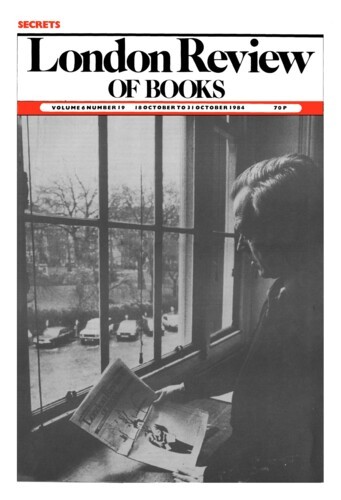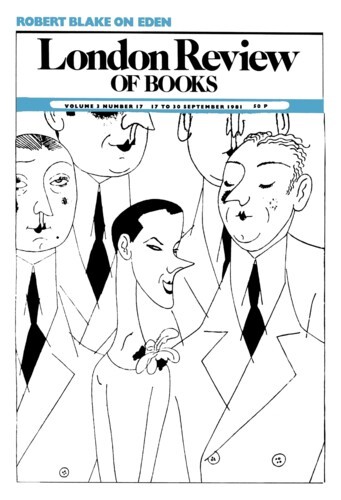Lucifer
John Dunn, 4 April 1991
‘On ne peut point régner innocemment. Every king is a rebel and a usurper. This man must reign or die.’ Saint-Just’s maiden speech to the Convention on 13 November 1792 marked his unforgettable entrance onto the national political stage. Arguing that in place of the formal hypocrisies of a judicial tribunal, the representatives of the People of France, the Convention, must judge their king, and judge him as a vanquished foreign enemy under the law of nations, rather than as a fellow citizen subject to common laws and entitled to a share in their protection, it showed not only his extraordinary talent for brutal political simplification, and his capacity to seize the hour, but also the ease and completeness with which he was able to change his mind.





